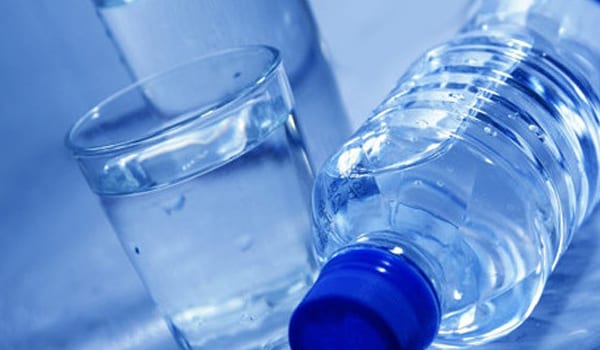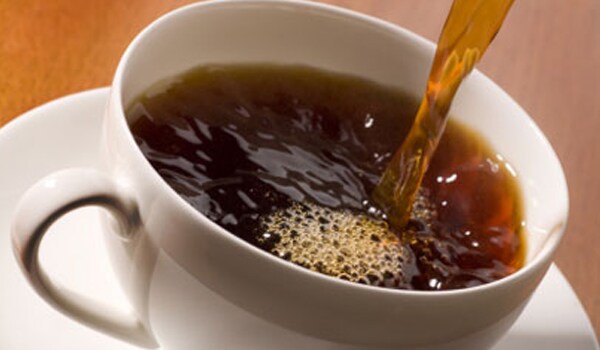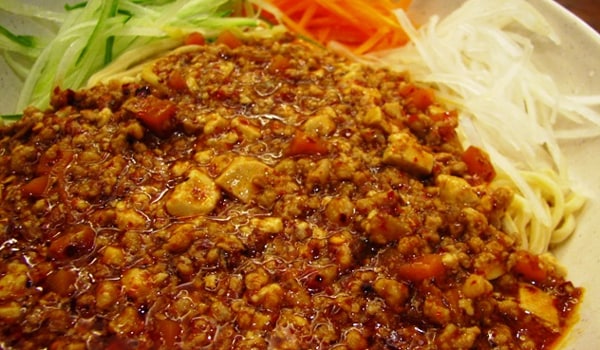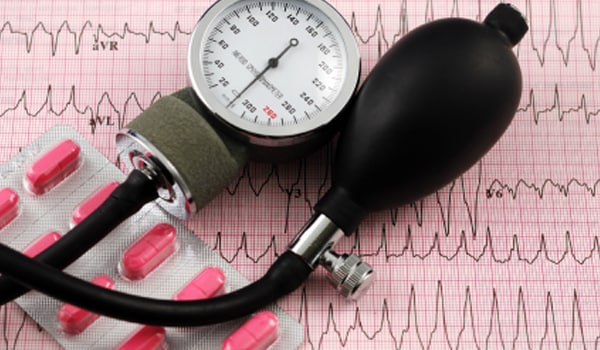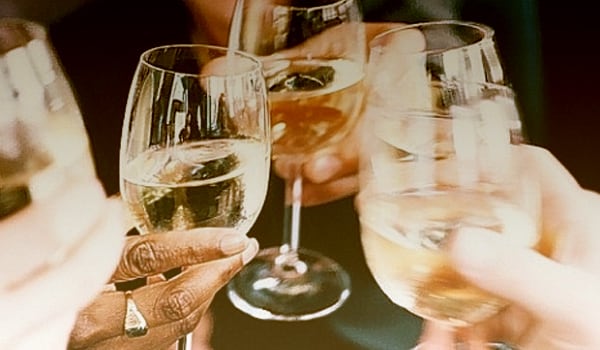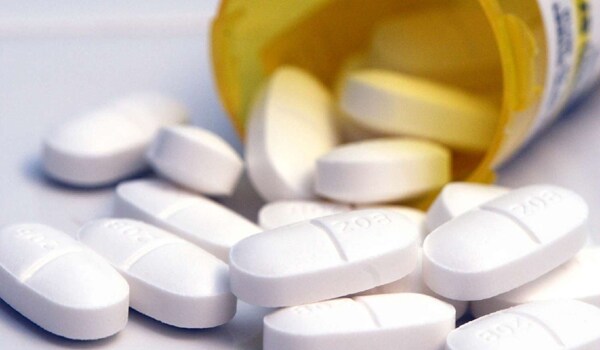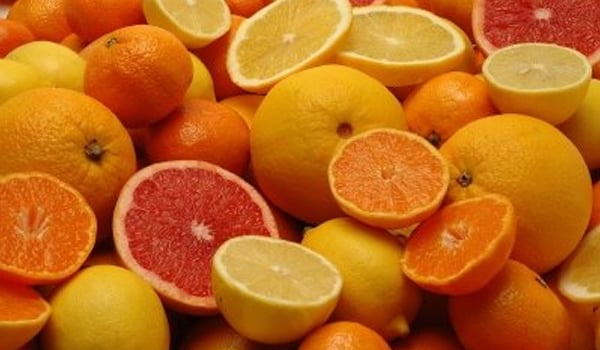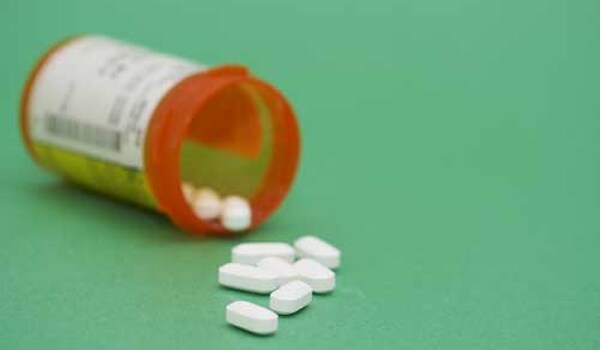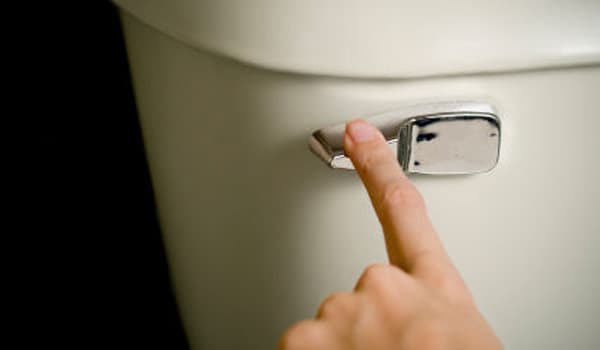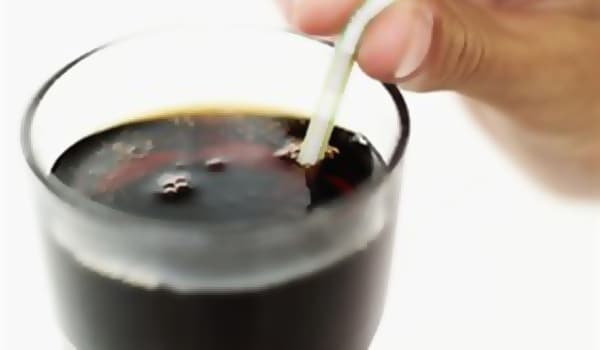Health Photos
-
Too much water or fluid overfills the bladder and results in frequent urination. Drinking fluids during the daytime and limiting them in the evening help prevent frequent urination at night.
-
Caffeine containing drinks and foods such as coffee, tea, colas, or chocolate stimulate the bladder, causing excessive urination. Limit the amounts of caffeine in your diet to 2-3 cups a day.
-
Foods and drinks such as citrus fruits, coffee, tea, and tomatoes irritate the urinary bladder. Spicy foods also lead to burning sensation while urinating.
-
Some medications used for treating hypertension increase urine output and some relax the bladder, allowing urine to escape. Let your doctor know that your medication may be making incontinence worse.
-
Excessive alcohol consumption causes dehydration by increasing the amount of urine. Try cutting down or eliminating alcohol.
-
These medications hinder ability of the bladder to contract and may also decrease your awareness of the need to urinate. If your problems become persistent, ask your doctor about switching to another medication or to another type of therapy to treat your depression.
-
Citrus fruits like oranges, grapefruits, lemons etc. are all acidic. Because acids can irritate the bladder, try cutting back on acidic foods to see if it eases your urinary urge incontinence.
-
Sleeping pills reduce your awareness that the bladder is full. Explore alternatives to sleeping pills, such as exercising regularly, or launching a bedtime ritual to get sound sleep.
-
Too little fluid predisposes one to urinary tract infections (UTIs) and stones. Drinking at least a litre of water a day (5-6) glasses a water a day prevents dehydration and UTIs.
-
Fizzy drinks may irritate sensitive bladders. So if you've got an overactive bladder, you may want to try drinking carbonated beverages sparingly or skipping them completely. Fizzy drinks include soft drinks, club soda, and other "sparkling" waters.


